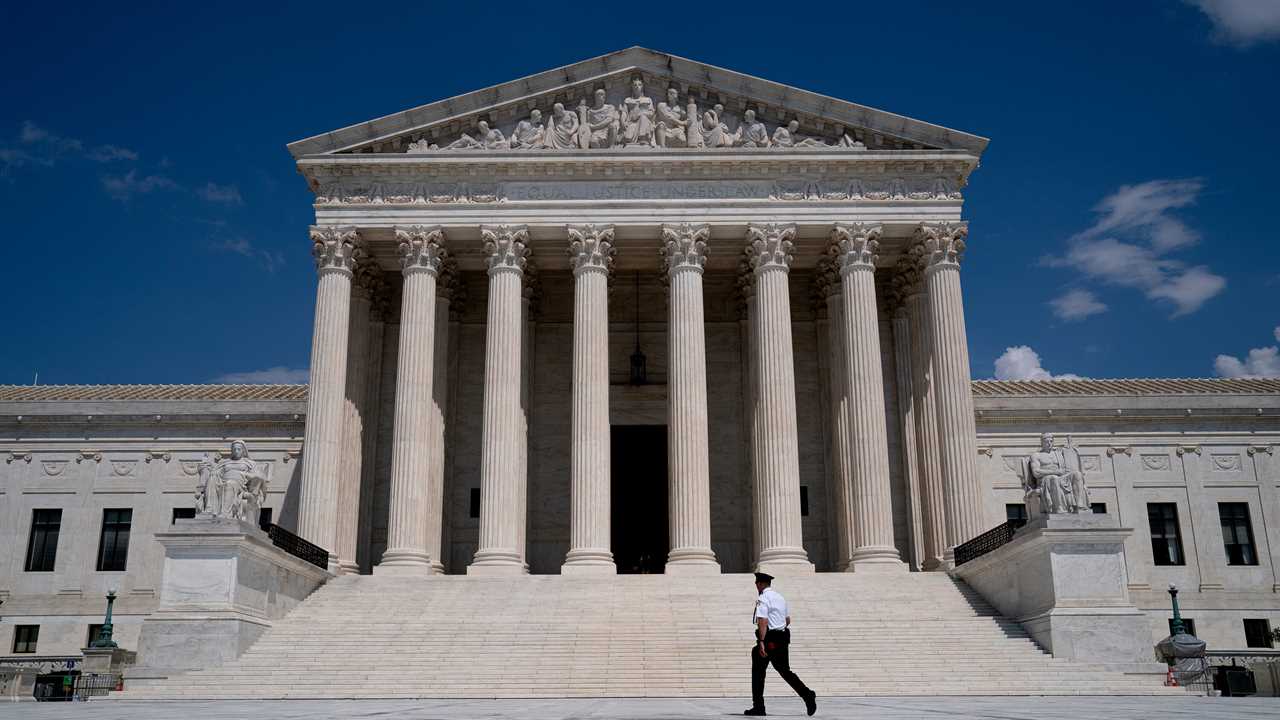
WASHINGTON — The Supreme Court on Thursday blocked part of an eviction moratorium in New York State that had been imposed in response to the coronavirus pandemic.
Other challenges to eviction moratoriums, including one recently imposed by the Centers for Disease Control and Prevention, may reach the court soon. That federal moratorium is on precarious legal ground in light of a ruling from the justices in June.
The court’s order was unsigned and stressed that it applied only to a part of a state law that bars the eviction of tenants who file a form saying they have suffered economic setbacks as result of the pandemic. “This scheme violates the court’s longstanding teaching that ordinarily ‘no man can be a judge in his own case’ consistent with the Due Process Clause,” the majority wrote.
The order left other parts of the law intact, including a provision that instructed housing judges not to evict tenants who have been found to have suffered financial hardship.
The court’s three liberal members dissented. Justice Stephen G. Breyer, writing for himself and Justices Sonia Sotomayor and Elena Kagan, said the law was set to expire in a matter of weeks and was not plainly unconstitutional.
“The New York Legislature is responsible for responding to a grave and unpredictable public health crisis,” Justice Breyer wrote. “It must combat the spread of a virulent disease, mitigate the financial suffering caused by business closures and minimize the number of unnecessary evictions.”
“The Legislature does not enjoy unlimited discretion in formulating that response, but in this case I would not second-guess politically accountable officials’ determination of how best to ‘guard and protect’ the people of New York,” he wrote, quoting an earlier opinion.
The case was brought by several small landlords who said they had endured severe hardship and even homelessness because of the part of the law allowing eviction proceedings to be suspended by the filing of a form. The law does not relieve tenants of their obligation to pay rent or block lawsuits for unpaid rents.
The sponsors of the law, enacted in December 2020, said it addressed the pandemic by making it less likely that people would be forced into crowded shared housing, by easing the economic consequences of the health crisis and by alleviating the burdens on courts and litigants.
Did you miss our previous article...
https://trendinginthenews.com/usa-politics/census-shows-a-nation-that-resembles-its-future-more-than-its-past






